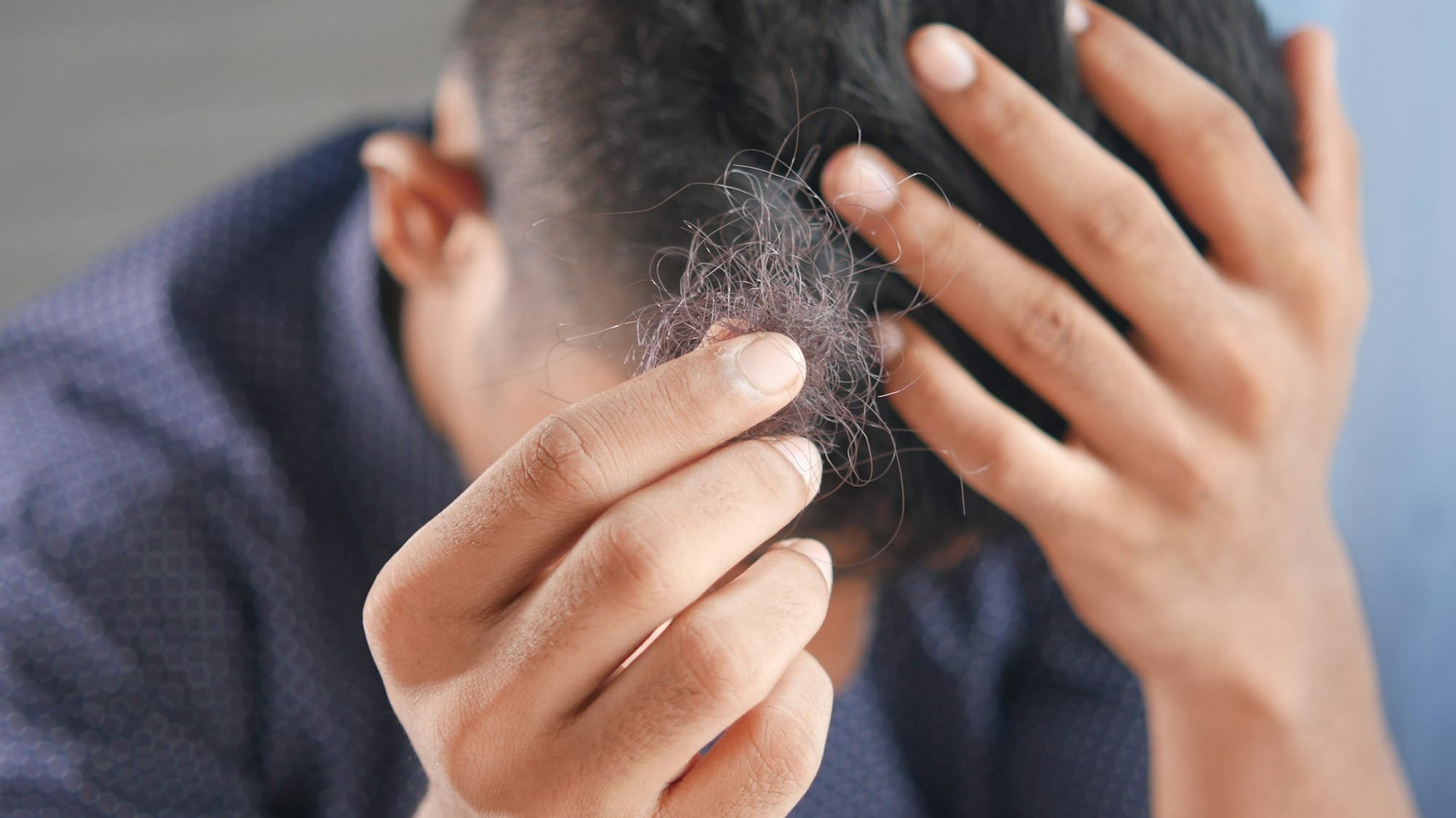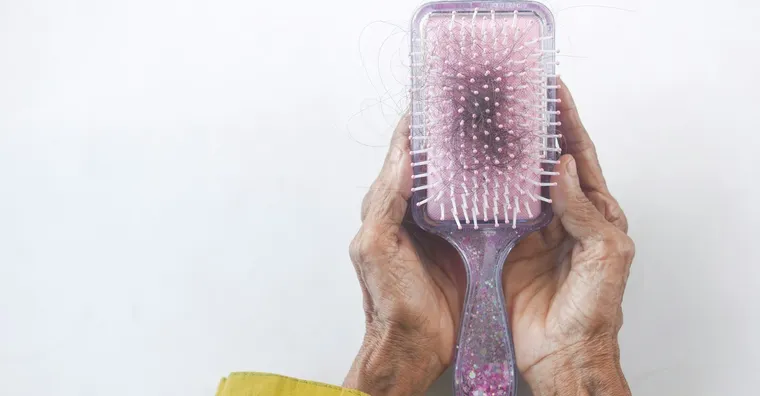From hormonal imbalances to genetic predispositions, hair loss in women can stem from a variety of factors. Fortunately, a range of treatments exists to address the underlying causes and restore hair health.
Understanding The Basics Of Hair Loss
Hair loss, medically known as alopecia, is a common condition that can affect both men and women. It encompasses a variety of forms, each with unique characteristics and causes. Involutional alopecia, for example, is a natural condition linked to aging, where hair gradually thins and follicles go dormant. On the other hand, androgenic alopecia, commonly known as male or female pattern baldness, is hereditary and leads to predictable patterns of hair loss. Understanding these distinctions is crucial in pinpointing the underlying reasons behind hair thinning and devising effective treatment strategies.
Several factors can contribute to hair loss, ranging from genetic predispositions and hormonal imbalances to lifestyle factors like stress and diet. Changes in the growth cycle of hair, illnesses, and certain medical conditions such as thyroid disease, lupus, and diabetes can undermine hair health. Furthermore, external factors such as the use of harsh hair products or hairstyles that exert excessive tension can exacerbate the problem. Knowing the potential triggers of hair loss leads to better management and prevention, ensuring you can take proactive steps to maintain your locks.

Medical Conditions That Cause Hair Loss
Several medical conditions can significantly contribute to hair loss, affecting both men and women of all ages. Thyroid disease, lupus, and diabetes are among the most common culprits. For instance, uncontrolled diabetes can lead to poor circulation, preventing vital nutrients from reaching hair follicles and causing them to weaken and fall out. Similarly, thyroid imbalances—both hyperthyroidism and hypothyroidism—can disrupt the hair growth cycle. Meanwhile, autoimmune diseases like alopecia areata result in the body’s immune system attacking hair follicles, leading to patchy hair loss.
In addition to these conditions, iron deficiency anemia, eating disorders, and vitamin deficiencies can also trigger hair loss. Low levels of iron reduce the oxygen available to hair follicles, stunting their growth and leading to shedding. Nutrient deficiencies, particularly in vitamin D and biotin, can manifest as hair thinning or loss. For accurate diagnosis and effective management, individuals experiencing unexplained hair loss should consult healthcare professionals to identify any underlying conditions that may need to be addressed.
Effective Treatments for Hair Loss
Treatments for hair loss vary widely and depend greatly on the underlying cause. For common genetic hair loss, medications like minoxidil (Rogaine) and finasteride are often used, providing results for many who use them consistently. For hormonal imbalances or certain medical conditions, doctors may prescribe specific medications such as spironolactone or hormone treatments to address the root cause and encourage hair regrowth.
Nutritional supplements can play a role in treatment by addressing any deficiencies. Vitamins like biotin, iron, and vitamin D are popular choices. Lifestyle changes, such as reducing stress, eating a balanced diet, and avoiding tight hairstyles, can also prevent further hair loss and promote healthier hair. Additionally, professional options such as light therapy, PRP injections, and even hair transplant surgeries can offer more targeted solutions, depending on the individual's needs.
However, these treatments and lifestyle changes might not be effective for everyone. It's essential to recognize that individual responses can vary widely. Consulting with a healthcare professional is crucial before starting any new treatment. A doctor can help identify the underlying cause of hair loss and recommend the most suitable approach tailored to your unique needs. Professional guidance ensures that you choose safe and effective options, optimizing your chances for the best possible outcome.
